The Wisconsin Supreme Court has agreed to hear suspended Marquette University political science professor John McAdams’ lawsuit against the university.
In 2014, McAdams was suspended without pay after he published an article on his blog naming a graduate student instructor who did not allow a student in one of their courses to discuss same-sex marriage during the class.
Following his suspension, McAdams filed a suit against Marquette claiming the university had breached the academic freedom clause in his contract. In May 2017, a Milwaukee County judge ruled in favor of Marquette, issuing a 33-page decision dismissing McAdams’ claim.
McAdams chose to appeal the decision, and in hopes of bypassing the court of appeals, petitioned for his case to be heard by the Wisconsin Supreme Court. That petition was successful.
Like the U.S. Supreme Court, the Wisconsin Supreme Court chooses the cases it will hear. The court may issue a new ruling, dispose of the case or refer the case to a lower court for reevaluation. McAdams said he expects a ruling by summer.
McAdams said that if the court does rule in his favor, he plans to return to his teaching position at Marquette.
“It makes life too easy for campus bureaucrats if they can pay off trouble-making faculty,” McAdams said. “Academic freedom is only vindicated if I return.”
McAdams said he is optimistic about the appeal and that hopefully his case can serve as a victory for academic freedom everywhere.
Earlier this month, the Wall Street Journal published an editorial in defense of McAdams’ case. It then published a letter to the editor by University President Michael Lovell, in which Lovell said some of the claims made in the editorial were untrue. McAdams’ rebuttal was also published in the opinion section of the Wall Street Journal.
One of the contentious claims in the case is whether McAdams provided the graduate student instructor’s contact information in the blog post he wrote naming her.
Rick Esenberg, president of the Wisconsin Institute for Law and Liberty and McAdams’ lawyer, said this claim was untrue, but even if McAdams had provided the graduate student’s information, he would not have been breaking the law.
“There is no rule that makes someone’s contact information private,” Esenberg said. “There are categories of people we don’t name – children, crime victims – but she didn’t fall into any of those categories.”
Marquette spokesperson Brian Dorrington said in an email that the university’s position has not changed.
“A faculty member’s reckless internet attack on one of our Marquette students is unacceptable,” Dorrington said in an email. “Furthermore, we remain deeply concerned about the attention that Dr. McAdams continues to focus on our former graduate student, exposing her personal contact information as recently as last month.”
Dorrington also said Marquette welcomes the opportunity to address the issue again in court.

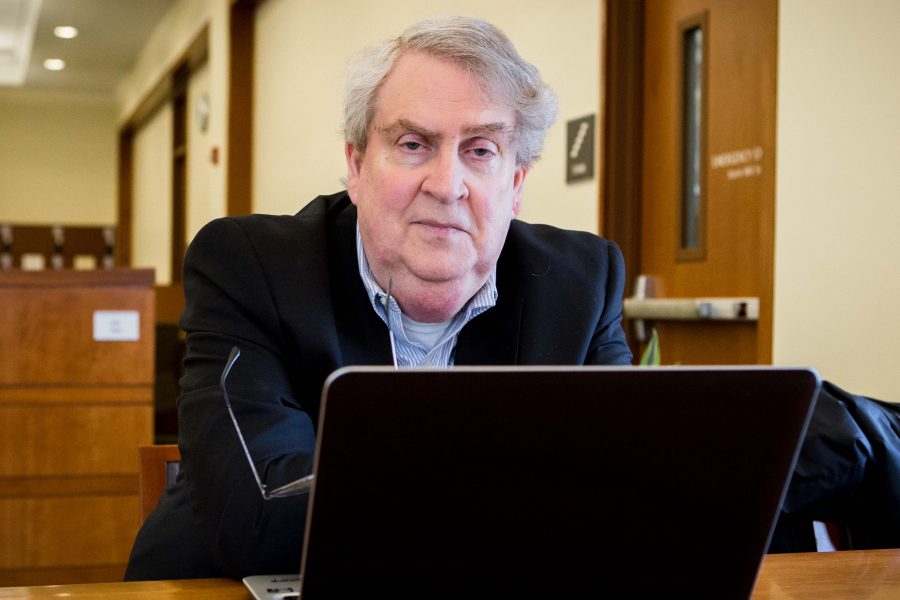

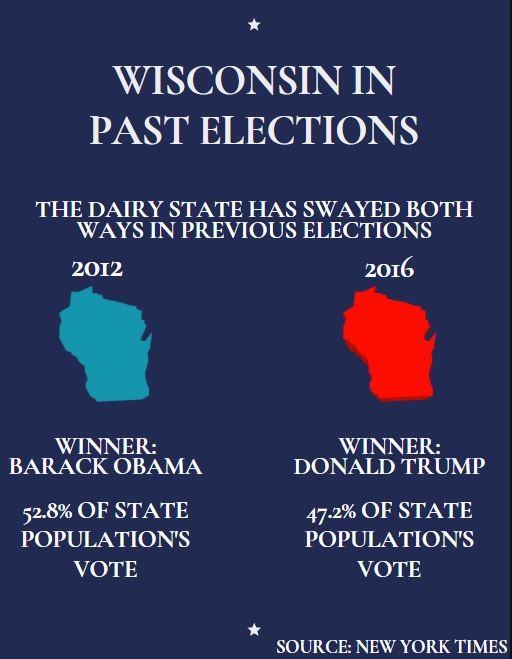

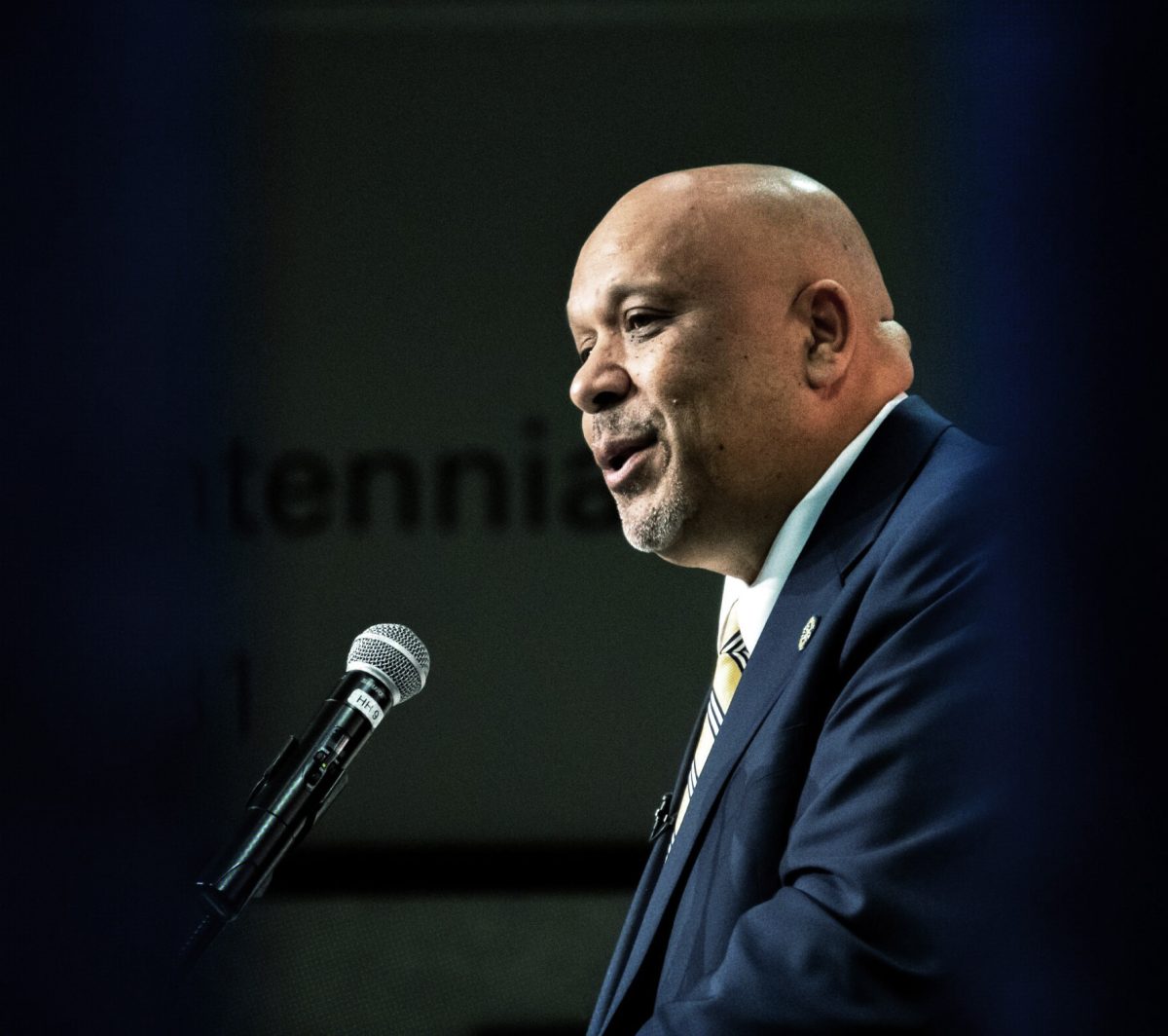

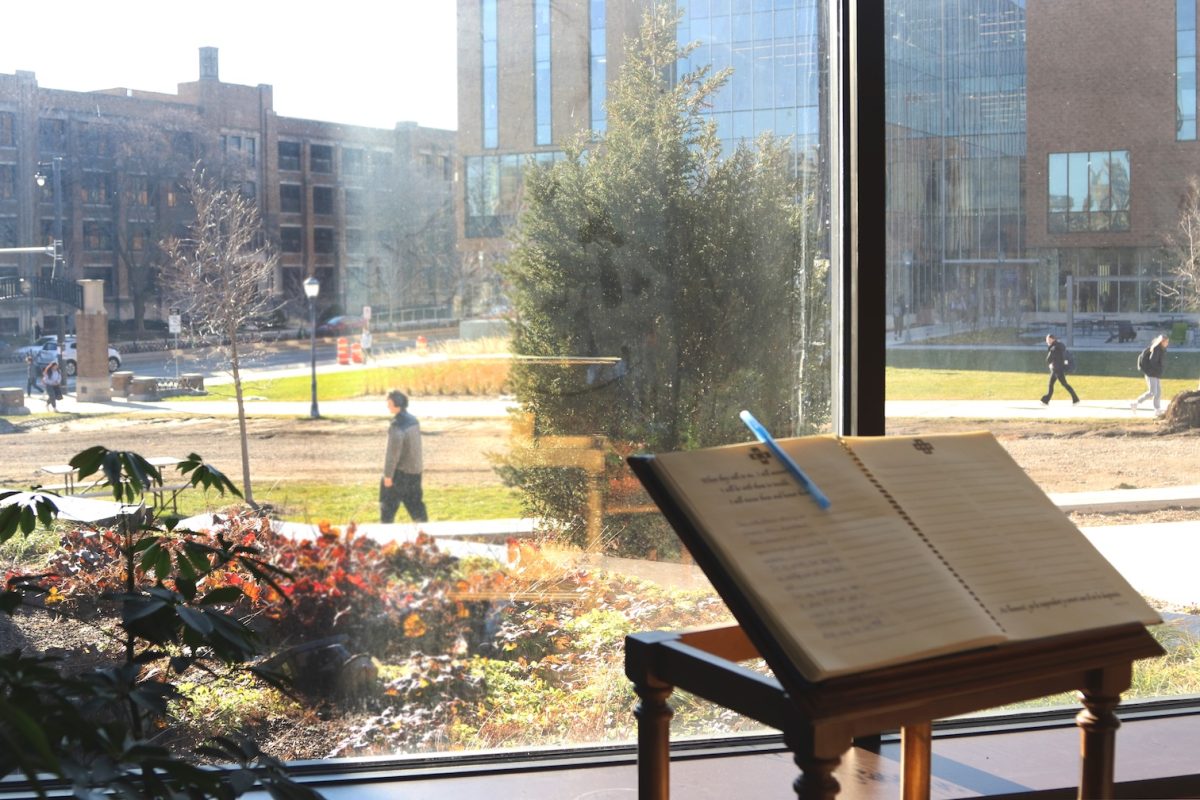
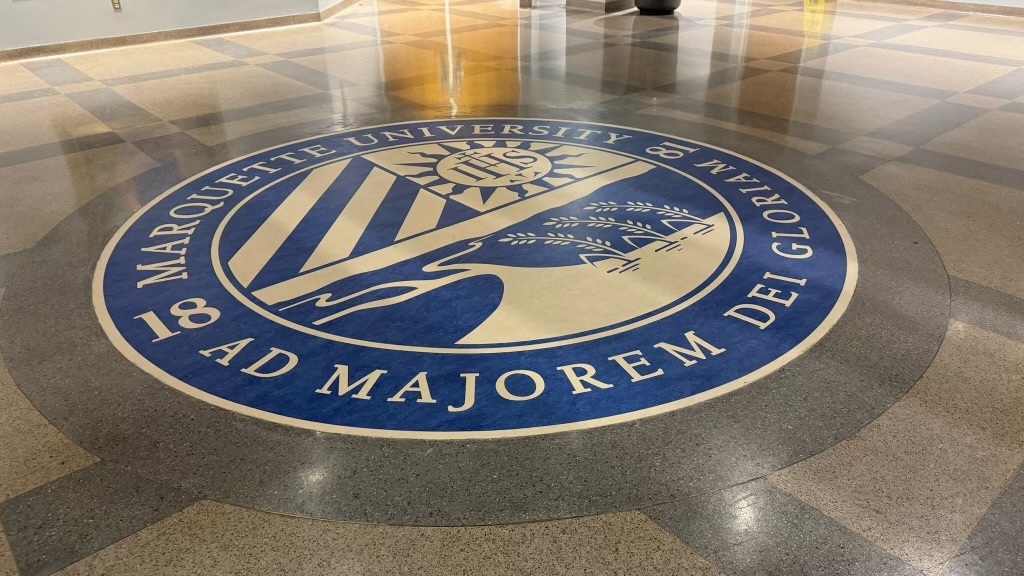
Paul Quirk • Jan 31, 2018 at 10:11 pm
For some of the scandalous details of Marquette’s conduct in this matter, see the extensive reporting based on court documents here:
https://thefederalist.com/2018/01/31/10-crazy-things-inside-professors-lawsuit-marquette-university-firing-defending-free-speech/
Redacted • Jan 31, 2018 at 9:42 am
I am a college counselor at a Jesuit college-prep high school. Based on Marquette’s handling of this incident, I no longer feel comfortable advising students to apply to or enroll at Marquette, and will therefore cease to do so. Freedom of expression and inquiry is vitally important to the mission of higher education, and in my opinion Marquette’s shocking response to this matter betrays those fundamental principles.